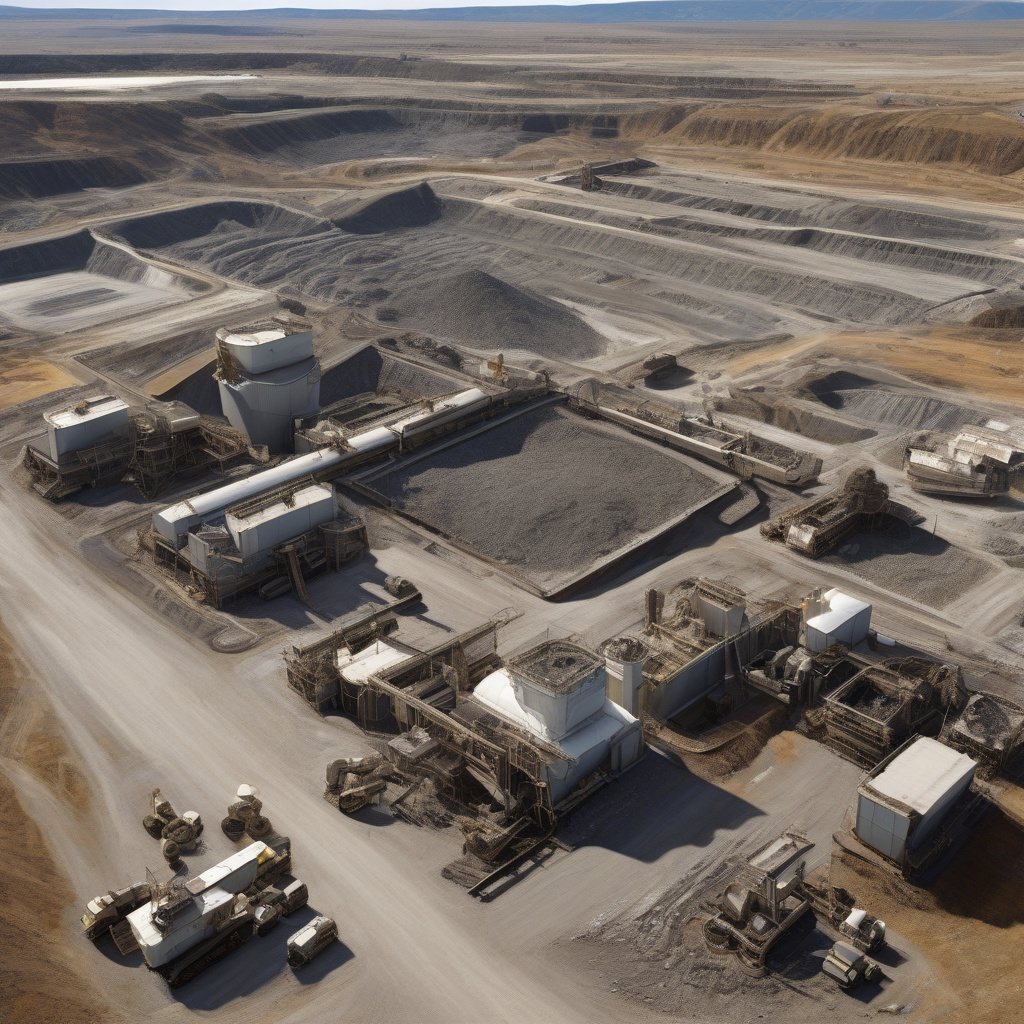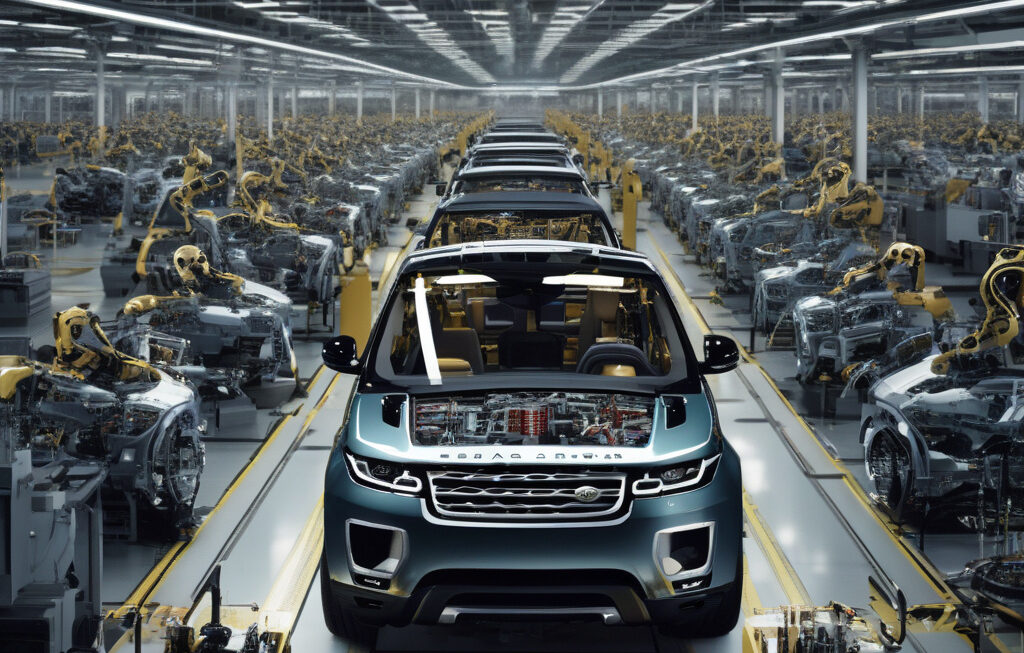From Asbestos Mine Waste to EV Innovation: Canadian Startup Leads the Way
A Canadian decarbonization startup has launched a groundbreaking project to build the world’s largest facility dedicated to recycling asbestos mine waste into components for electric vehicle (EV) batteries. This innovative initiative not only addresses environmental concerns associated with asbestos mining but also contributes to the shift towards sustainable transportation solutions.
The company, whose name is yet to be disclosed, aims to repurpose the waste generated from the now-closed Jeffrey Mine in Quebec, once the world’s largest asbestos mine. By utilizing advanced technologies, they plan to extract magnesium, a key component used in EV batteries, from the mining residue. This process not only reduces the environmental impact of asbestos waste but also provides a valuable resource for the rapidly growing electric vehicle industry.
The decision to recycle asbestos mine waste for EV batteries represents a significant step towards sustainability in the automotive sector. As the world transitions towards cleaner energy sources, the demand for electric vehicles continues to rise. However, this shift also brings to light the environmental challenges posed by the extraction and processing of raw materials required for battery production.
By repurposing existing waste materials, the Canadian startup is not only mitigating the environmental harm caused by asbestos mining but also promoting a circular economy model. This approach aligns with the principles of a sustainable future, where resources are reused and recycled to minimize waste and reduce reliance on finite raw materials.
Moreover, the project showcases the potential for innovation to drive positive change in traditionally polluting industries. By harnessing technology and expertise, the startup is able to transform a former asbestos mine into a hub for clean energy innovation. This serves as a compelling example of how creative thinking and strategic partnerships can pave the way for a more sustainable future.
In addition to its environmental benefits, the initiative is also expected to have economic implications. By repurposing asbestos mine waste for EV batteries, the startup has the opportunity to tap into the growing market for sustainable technologies. As the automotive industry continues to prioritize electrification, the demand for ethically sourced and environmentally friendly components is on the rise.
The success of this project could potentially set a new standard for resource management in the mining sector. By demonstrating the viability of recycling mine waste for high-tech applications, the Canadian startup is showcasing a model that could be replicated in other regions and industries. This not only creates new opportunities for waste management and resource recovery but also highlights the importance of innovation in driving sustainable practices.
As the world’s largest facility dedicated to recycling asbestos mine waste into EV battery components takes shape, it signals a promising future for both environmental conservation and technological advancement. By turning a legacy of mining pollution into a source of clean energy innovation, the Canadian startup is leading the way towards a more sustainable and efficient future for the automotive industry.
#AsbestosRecycling, #EVBatteries, #SustainableInnovation, #CircularEconomy, #CleanTechRevolution












